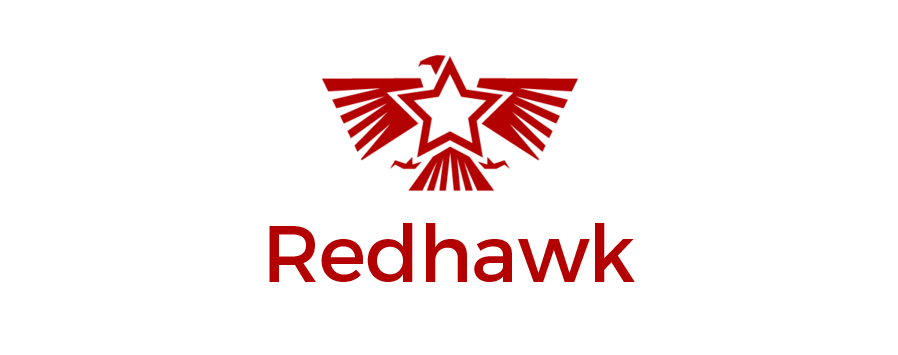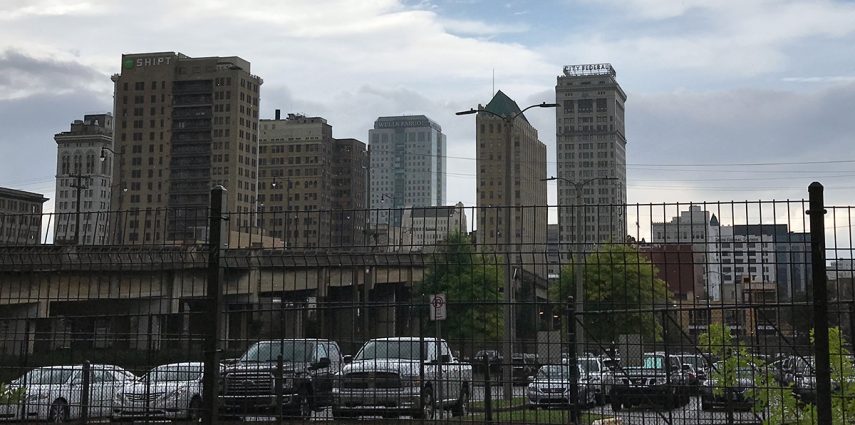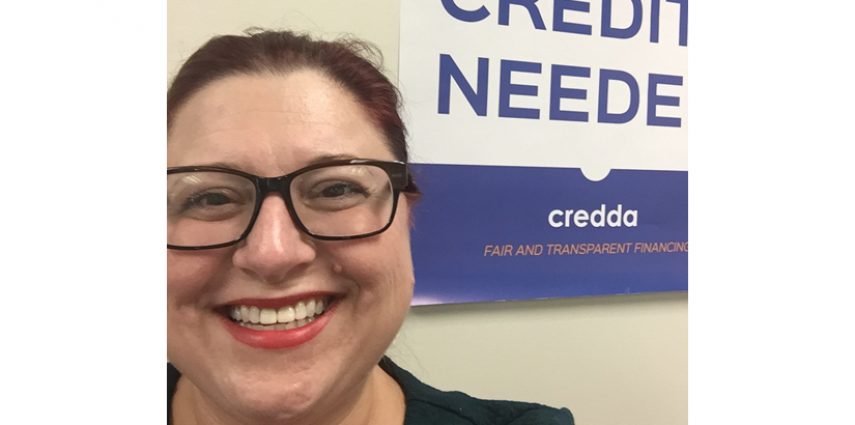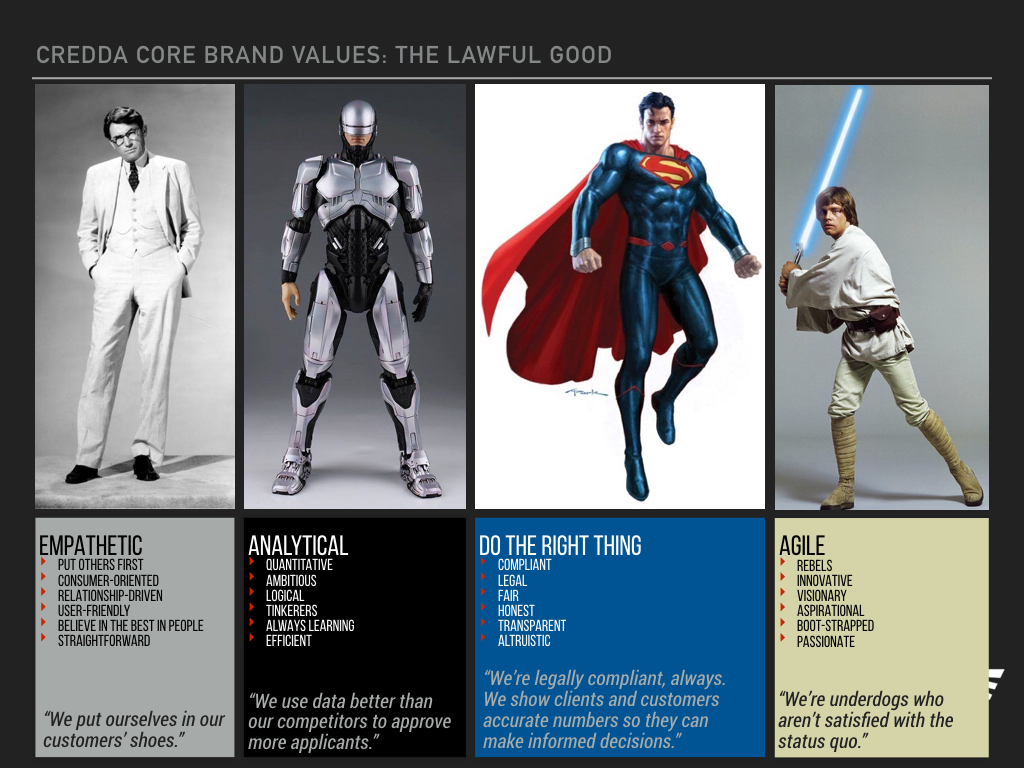237 Disappointments
Amazon received 238 submissions from 238 different cities for its request for proposal (RFP) regarding its second headquarters, HQ2. In the wake of the 237 losers will be millions of dollars and tremendous amount of energy and resources spent trying to promote hundreds of cities that didn’t qualify for even the most basic RFP requirements.
Birmingham, AL is likely to be one of the 237 disappointed cities because, for the most part, we don’t meet the minimum qualifications to submit a competitive bid
But that didn’t stop us from launching a big and—presumably expensive—advertising campaign replete with huge temporary monuments shaped like Amazon shipping boxes, oversized Amazon Dash buttons and a dozen or more feel good news stories both paid and unpaid in an attempt to woo Jeff Bezos and his selection committee.
Someone is going to win some advertising awards and get some really great news clips to frame for their office walls. It was creative and well executed. Unfortunately, much like the ill-conceived and almost criminally executed bid to land the last DNC convention, #bringAtoB will likely net the same economic impact with a monster bill to pay for the effort.
Yes, I’m one of the jerks who pushed back on this from day one of the campaign and have been called a lot of names on social media. People have been pushing the false equivalent of Mercedes choosing to build their plant in Vance as justification for opening threadbare pockets and spending money we hardly have. However, I have been far from alone in questioning the allocation of this money, effort and time when our city has so many opportunities to improve.
Simply throwing stones at the #bringAtoB campaign is not helpful however. Here is how and where that money, time and energy could have been used to move toward a city and economic environment that would have made us much more competitive not only for the Amazon bid but also for attracting other new opportunities to the area.
Provide Forgivable Small Business Loans
99.7% of the companies in the US are classified as small businesses and those businesses employ 48% of the total workforce. Many of the largest companies in Birmingham are shrinking their head count as software and technology automation requires less human capital. Regions Bank laid off approximately 260 people last year alone. Bradley (formerly BABC) laid off 13% of its administrative staff during that same time period. US Steel laid off 1,100 workers at the end of 2015.
For the sake of argument, let’s say $200k was directly allocated to the promotion of #bringAtoB. That could have translated into 10 small business loans of $20k to vetted and qualified small business operators to expand or even start their business. The BBA, Big Communications, City of Birmingham and others involved in #bringAtoB could provide additional support or resources to those new opportunities using the same amount of time and effort spent creating and launching the Amazon campaign
That’s 10 new businesses, employers and tax paying entities created for the same amount of money and time. If you took the perspective as an investor, this would be like placing 10 bets with the same amount of money as you would have placed on a single bet with a lousy prospectus. Job growth in Birmingham continues to come from small businesses and entrepreneurs- not the same big industry companies we have relied on since the 1960s to create new jobs and better opportunities.
Limit the Economic Development Fragmentation
We have the BBA, Tech Birmingham, Rev Birmingham, EDPA, Innovation Depot, Innovate Birmingham, UAB, Rotary, City Hall, City Council, Jefferson County Commission and others working on separate and disparate economic development programs. All of those organizations are funded by private contributions, membership fees, sponsorships, tax dollars or grant money. Those funding sources are finite, but we have individual groups spending money on individual staffs, salaries, operational expenses, strategic planning sessions, events, professional service providers, committee meetings, promotional advertising, grant writers and more.
The cost of that duplication is massively wasteful. Further, without a cohesive approach between all those individual groups, we end up with competing priorities and mediocre performance. As one of my mentors used to say, “there are only so many nickels in the jar.” We need to be better stewards of how we spend our limited resources. That starts with collaborating on a macro scale and setting a longer-term vision.
Create a City-Wide Transportation Plan
One of the primary requirements of the Amazon RFP was a campus with direct access to mass transit. While Birmingham has several rail spurs that run along former industrial sites, we don’t have what most cities would consider efficient and accessible mass transit. Organizations have worked to fill gaps in that plan with efforts like the Zyp Bikeshare program, but a long-term, workable transportation strategy has largely eluded us. We haven’t managed to come up with a way to connect the city with the surrounding area- like the suburbs which would provide a large percentage of the human capital required for a corporate campus the size of Amazon’s HQ2. We need to spend the money to come up with a comprehensive and effective mass-transit strategy that drags us into the 21st century.
Entrepreneurs should be Leading Entrepreneurial Efforts
By last count, there at least six local or regional organizations that exist to directly or indirectly promote the formation and growth of entrepreneurs and startups. None of those organizations are actually led by an entrepreneur. A few of them don’t have anyone on their executive staff that has been an entrepreneur or even worked for a small business or startup. There is no doubt those people can play a crucial role in the support and success of the emerging business ecosystem but we need actual entrepreneurs to be in those leadership roles. There is no amount of research or relative proximity that can replace the kinesthetic experience of being an entrepreneur or business owner.
Work Toward the Next Opportunity Now
We should be able to self-critique and have tough conversations about what we must change without the fear that doubt creates preventing us from being open to our opportunities. While celebration of incremental improvement is crucial, we must not accept shallow victories as the sum total of our achievements. We have a long way to go and we must be able to talk openly and honestly about those shortcomings and how we want to work to fix them.
As we stand in 2017, we aren’t qualified for Amazon’s HQ2. We can argue the semantics of the RFP’s wording to justify in our minds how we manage to qualify, or we can start looking inward and filling the gaps highlighted by Amazon. The RFP did provide us a potential roadmap to being far more competitive and attractive to companies like Amazon in the future. It will take a collective, long-term and disciplined effort to fill those gaps and we need to pursue that challenge with as much energy and resources as we spent on oversized Amazon shipping boxes and faux-Dash buttons.






